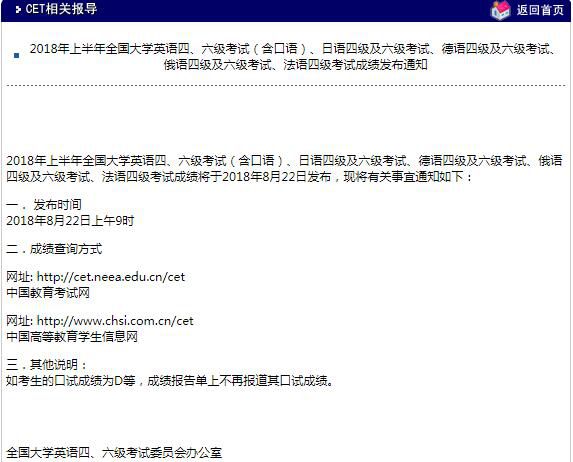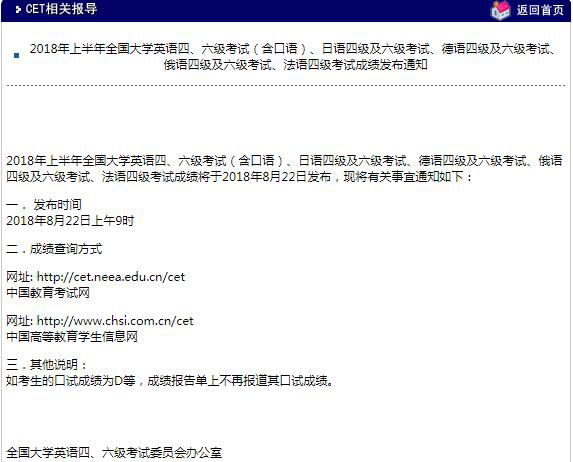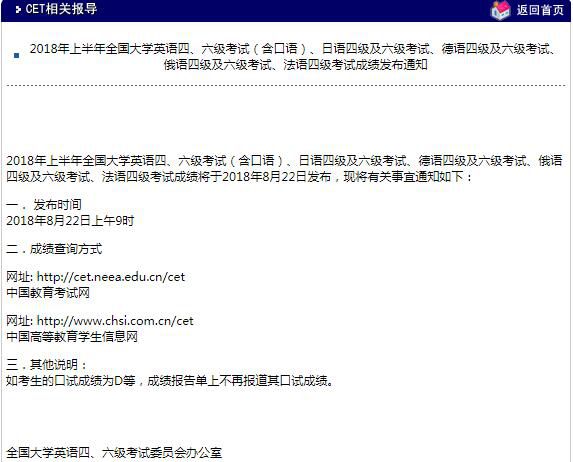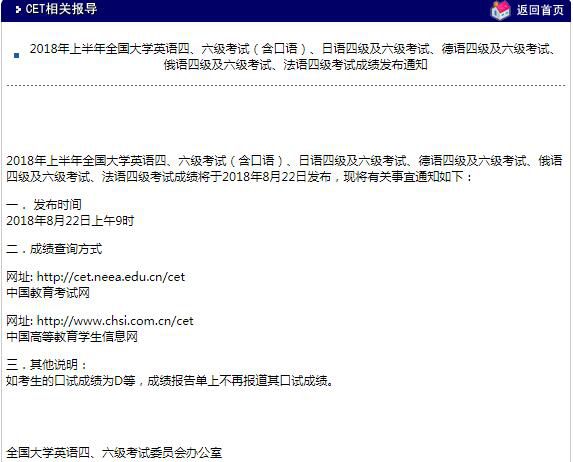金融法律辅导:法律英语导读(21)
|
Case Example: Officer Roy Altie responds to a call to investigate a purse-snatching(抢包) incident. The officer learns from the victim that the culprit was a white male, about 5' 10" tall, weighing about 175 pounds and wearing a light-colored sweatshirt. About 10 minutes later, about a mile from where the purse-snatching took place, Officer Altie sees a man generally fitting the attacker's description walking alone. Officer Altie realizes that he lacks sufficient evidence to make an arrest, and approaches the man merely to question him about his activities and whereabouts during the preceding one-half hour. Question: Does Officer Altie have to precede the questioning with the Miranda warning? Answer: No. The victim's description was so general that it could apply to many men. Thus, Officer Altie lacked probable cause to make an arrest, and did not intend to make an arrest. Officer Altie was engaged in general on-the-scene questioning, and therefore did not have to give the Miranda warning. Police Officers May Mischaracterize a Custodial Situation in Court Police officers generally believe that suspects are more likely to speak with them voluntarily in the absence of a Miranda warning. Thus, police officers have an incentive not to give the warning. One way they may attempt to evade the Miranda rule is by delaying the arrest of a suspect until after they're through with the questioning. If an officer can convince a judge that the officer was engaged only in general questioning, and would have let the suspect walk away had the suspect chosen to do so, whatever the suspect says to the officer can be used against the suspect at trial despite the lack of Miranda warnings. 20. Do the Police Have to Give Me a Miranda Warning If I'm Stopped for a Traffic Violation? No, so long as the police officer simply asks a motorist for identification(身份证明) and limits discussion to the traffic offense for which the officer stopped the motorist. Routine traffic violations are infractions(违法,犯规), not crimes. A motorist's statement to a police officer relating to events leading up to a ticket is therefore admissible even if the officer did not give the motorist the Miranda warning. However, a Miranda warning would be required if an officer detains a motorist in order to question the motorist about crimes unrelated to the traffic stop. 本节的问题:1、Police officers generally believe that suspects are more likely to speak with them voluntarily in the absence of a Miranda warning. |








